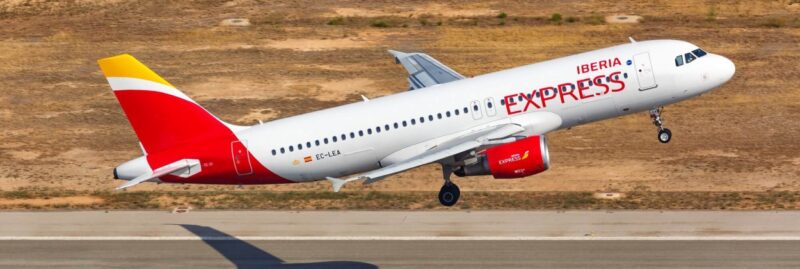Iberia Flight Attendant Treated After Smoke Inhalation in Mid-Air Bird Strike Incident

Iberia flight IB 579 from Madrid to Paris suffered a dramatic bird strike shortly after takeoff, forcing an emergency return to Adolfo Suárez Madrid‑Barajas Airport on Aug. 3. The aircraft—a brand-new Airbus A321XLR delivered just weeks earlier—sustained significant damage to its nose radome and left engine after colliding with a large bird, likely a vulture, at approximately 6,500 feet.
Shortly after the collision, smoke began to fill the cabin. One flight attendant was treated for smoke inhalation, while several passengers experienced anxiety-induced distress and required medical assistance upon landing. Oxygen masks deployed as alarms sounded, and panic briefly flared before the crew intervened.
The captain immediately declared an emergency and requested clearance to return to Madrid. The aircraft, operating flight IB 579, landed safely on runway 32L about 25 minutes after departure, with emergency services on standby. No injuries were reported despite visible structural damage, including a large section of the nose section missing and engine fan blade damage on the left-hand side.
Iberia confirmed that all safety protocols were followed and praised the crew’s professionalism, noting that a replacement flight departed at 7:30 pm so delays minimally affected passengers. The airline emphasized that incidents involving bird strikes on new aircraft like the A321XLR remain rare.
Concerns have now been raised regarding the CFM LEAP engine’s Load Reduction Device (LRD), which in past bird strike events has disrupted bleed-air systems and led to smoke entering cabins. Although Iberia did not confirm LRD involvement in this case, regulators are reviewing similar mechanisms installed on LEAP-powered aircraft after recent incidents prompted NTSB safety alerts in the U.S..
Though the A321XLR is designed for long-range efficiency, the collision underscores aviation’s vulnerability to wildlife hazards—even on brand-new jets. Investigators from Iberia and Airbus continue detailed inspections to determine the necessary repairs and regulatory follow-up.
Despite the scare, the aircraft landed safely and no major injuries occurred, illustrating that quick response, training, and safety protocols remain essential safeguards in air travel.
Related News: https://airguide.info/?s=iberia, https://airguide.info/category/air-travel-business/travel-health-security/
Sources: AirGuide Business airguide.info, bing.com, thesun.co.uk
